This is what happened: Pedro and I were going after tarpon late in the afternoon on a very windy day (hell, every day has been windy here). As usual we fished until the sun dropped like an orange egg into the Caribbean and the light became so flat that the surface of the sea was just an inky mirror. “Reel in,” Rigo said.
We’d been fishing an area we call the tarpon honeyhole because we’d pulled so many lunkers out of a channel about 30 feet off the mangroves where the water rushed between two keys so swiftly that it was like an Oregon stream in the spring. I mention this so you’ll understand the impossibility of what’s to follow.
Because of the wind and because we’re wet from the spray spilling over the skiff all day long, the thing to do on the run back to the Halcón is to bundle up and hunker down, keeping a low profile as the boat flies low over the chop. But Pedro hadn’t stowed his camera gear before Rigo juiced the Dolphin so he was scrambling to attach lens caps and stuff equipment in his wet bag which is why he wasn’t paying attention to the cap on his head and the sunglasses perched on the bill, both of which went flying off like a cormorant into the breeze, landing maybe twenty or thirty feet behind us in the swift current.
The sunglasses sunk immediately into the dark ocean. The cap bobbed in the wake. Rigo made a swift u-turn, having done this a thousand times, and Pedro reached out and grabbed the soggy hat in one pass.
“Damn,” he said, shaking the water off his cap. “Those were expensive glasses.”
Worse yet, he didn’t have a backup pair and you don’t even want to think about being out on water that is as reflective as a snow field without Polarized sunglasses.
At dinner, he told the story. Greg offered to lend him a pair of backup sunglasses. Which is when Pedro, who’d had a few shots of rum, as had we all, blurted out one of the dumbest things I’ve ever heard.
“If Rigo can remember where my glasses came off, I’m sure I could find them,” he said.
Right, no problem. Hop in a skiff and travel 15 or 20 minutes over the open sea to a swift-running channel between specks of mangroves and free-dive down god-only-knows how deep and spot a pair of sunglasses sitting on the bottom.
I think Hardy had the best response: “I figure those glasses are half way to Miami by now.”
“You know, Pedro,” I said, “the odds of your finding your sunglasses are probably more than ten thousand to one.”
Which is when Pedro had a long sip of the Chilean red that Roberts had brought from Havana and said, “So what would you give me if I find them?”
Tell you what, I told him, you find those sunglasses and I’ll buy you a new pair of Polarized glasses and you can pick the brand. And the odds are so astronomically against you that you don’t have to give me anything if you lose. Just making a fool of yourself and diving in the ocean looking for glasses will be reward enough.
So the bet was on. But then Hardy wanted in on it as well. And his bet was more complicated. They yammered back and forth a bit until a deal was reached: If Pedro found his sunglasses, Hardy would get tickets for Pedro to Wimbleton. If he lost, Pedro would have a friend fly Hardy in a bi-plane over London.
But the most interesting bet was made by Fletcher. He’d been telling Pedro all week about someone he knew, a young Swedish girl who he thought would be a good match for the confirmed bachelor and now Pedro suggested that if he snagged the glasses, Fletcher would arrange and pay for a dinner at any restaurant in Los Angeles with him and the Swedish girl.
Normally I don’t think Fletch would agree to such an arrangement but either the Cohiba he’d smoked before dinner or the mojitos he’d had on the bow of the boat had gone to his head and he agreed.
So there it is. Sometime tomorrow, probably after we’re done fishing, Pedro will get Rigo to take him back out to where he thinks he lost his sunglasses in the ocean and with nothing more than a mask and snorkel, he’ll go treasure hunting. For more than just some Polarized shades. I have a feeling someone’s going to regret this bet in the morning. We’ll see.

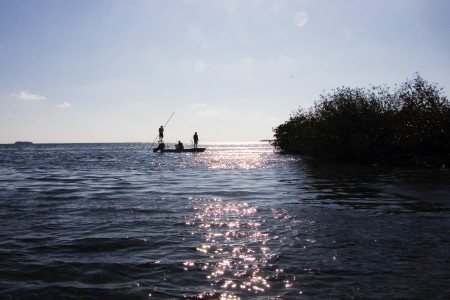
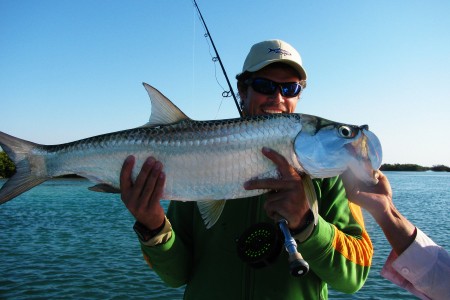
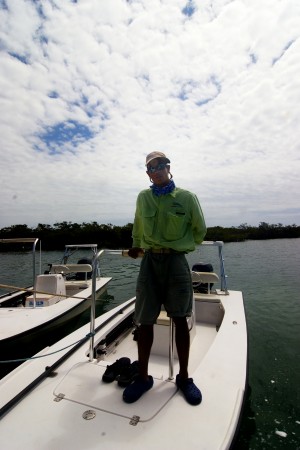
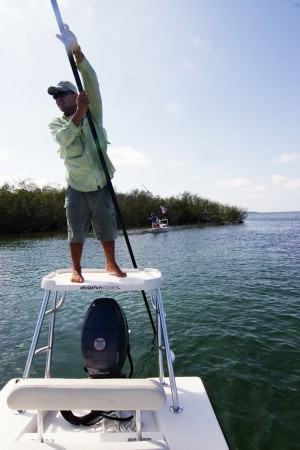
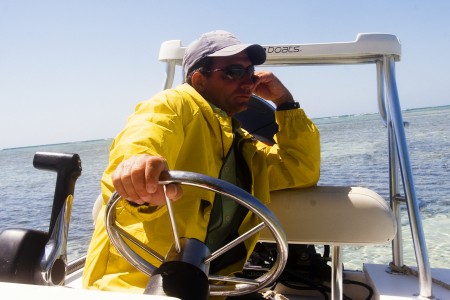
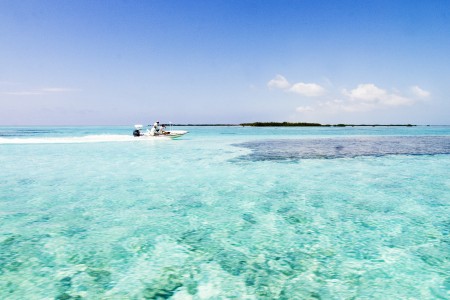
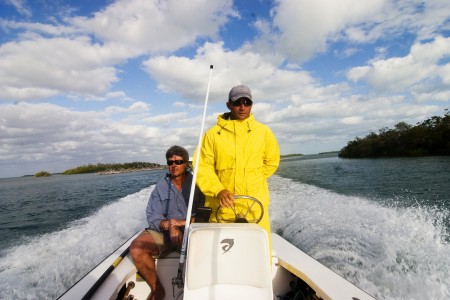
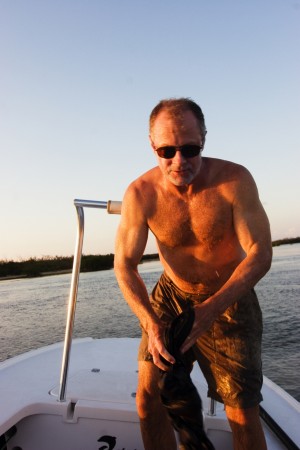
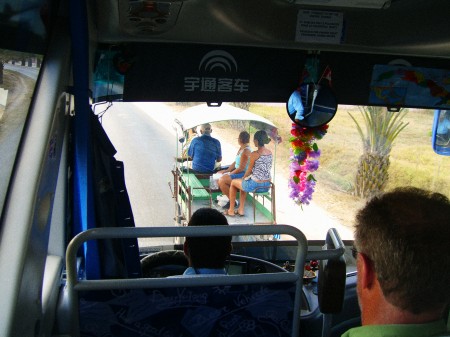
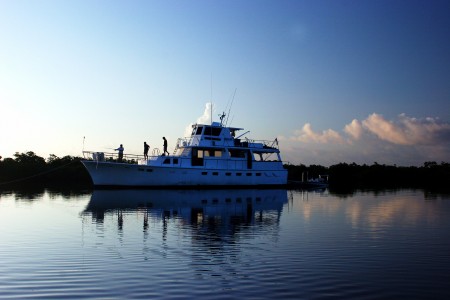
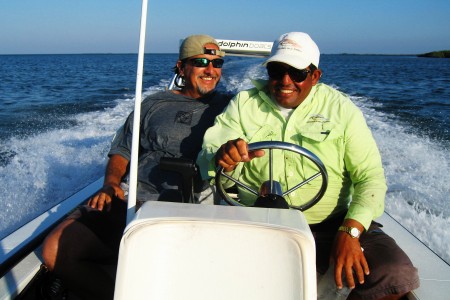
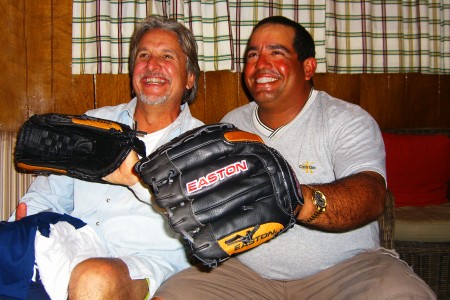
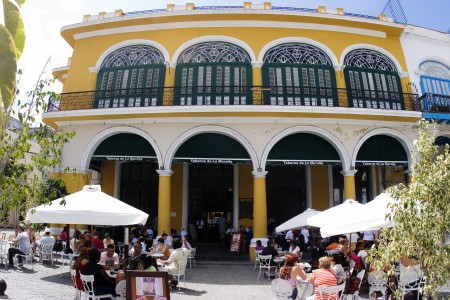
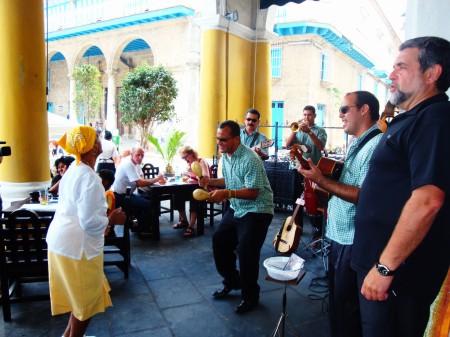
Recent Comments